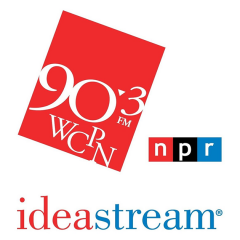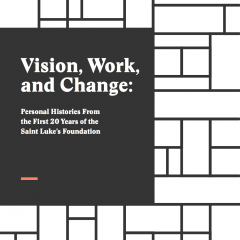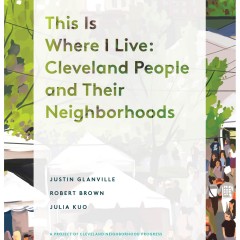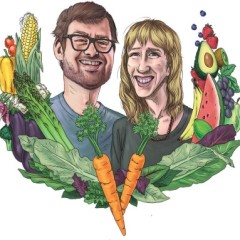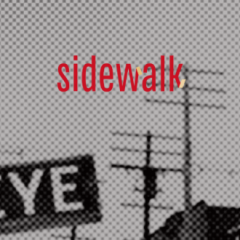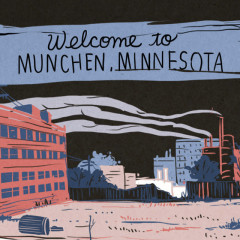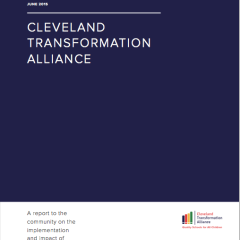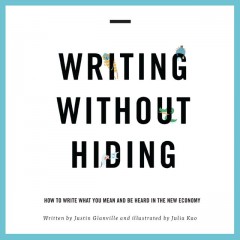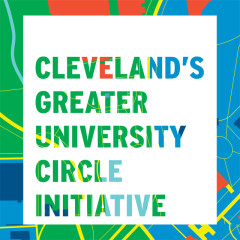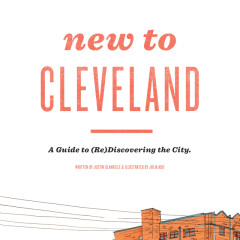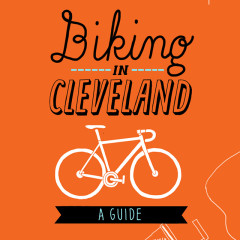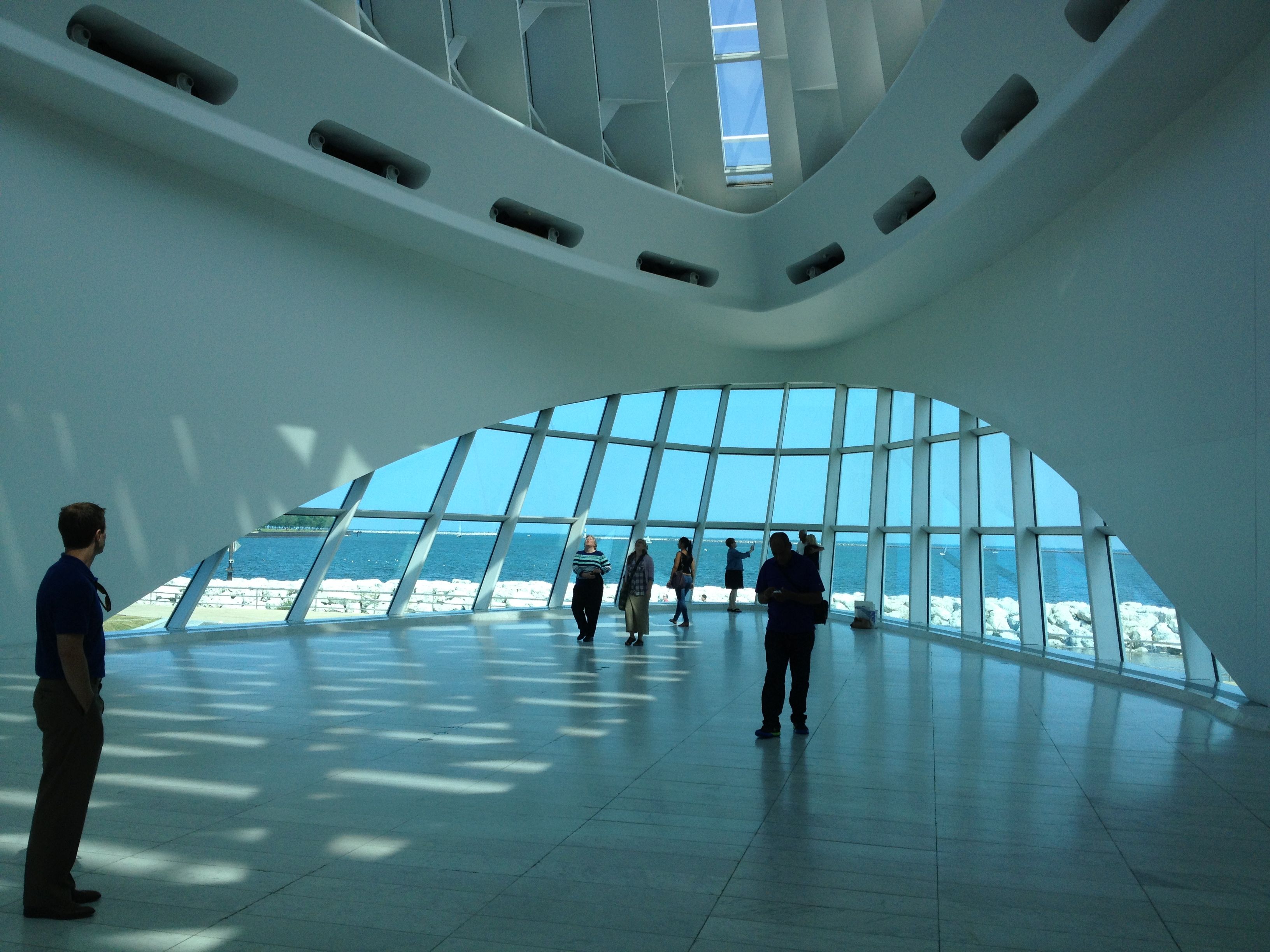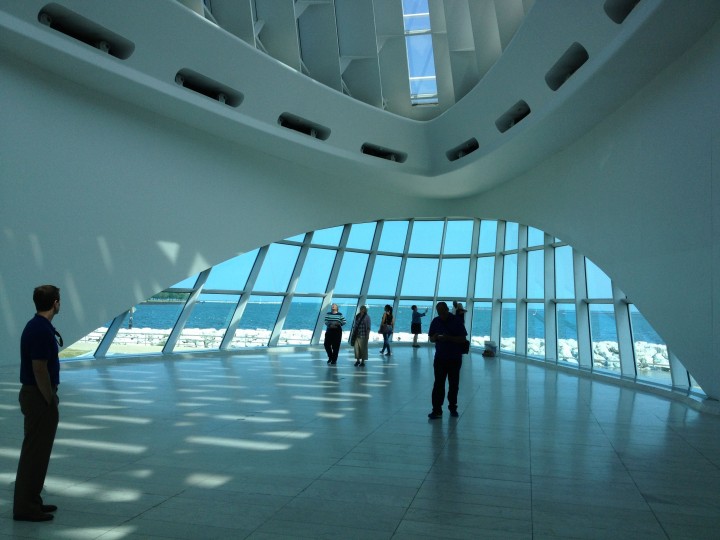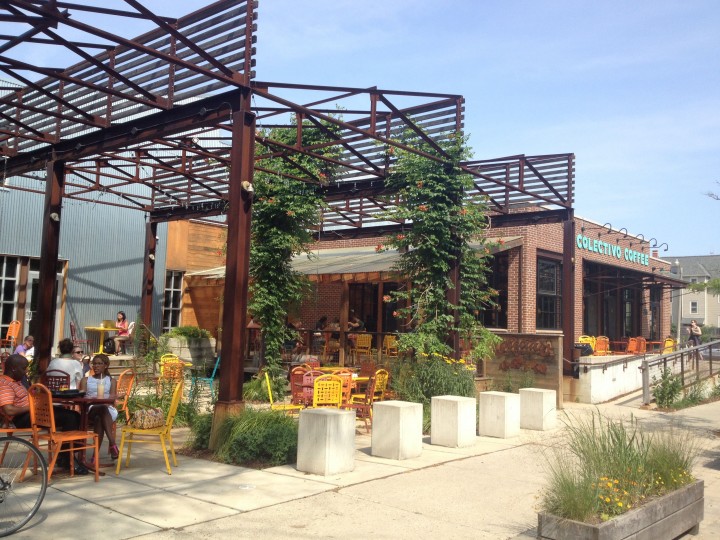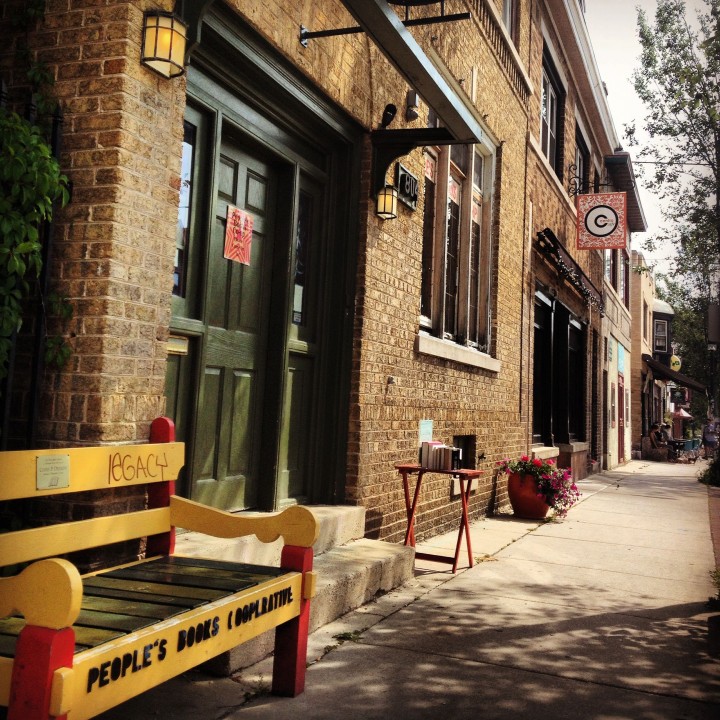Maggie, a fashion stylist and my Airbnb host in Milwaukee, stuffs a biking map and tourist guide to the city into my hands. Her two adopted Boston terriers wiggle and pant at my feet.
“You’re gonna have a great time here,” she promises. “It’s a fun town.”
I thank her, somehow balancing the maps and books atop my armful of luggage.
“To tell you the truth? I’m really liking the mid-size cities anymore,” she says, sounding almost embarrassed by her confession.
Then she drops her voice even lower. “I kinda like it even better than… Portland.”
I can tell she’s bracing herself for my gasp. To prefer a city such as Milwaukee to Portland? The epicenter of all that is sustainable and urban and hip? Sacrilege!
I smile to reassure her. “I get it,” I say. “I live in Cleveland.”
She relaxes. The terriers wag. “Yeah, see? There you go. You get all the culture and activity you do in the bigger cities — but it’s so much… I don’t know. Easier?”
Over the three days I spend in Milwaukee, I think back to this conversation. Mid-size American cities, those scruffy kid brothers of meccas such as San Francisco and New York and Chicago, do seem to be having a moment.
It’s not that I think everyone’s going to start flocking to them from the coasts, or that they’re for everyone. But they seem to be finding their “tribes,” to use the term made famous by Seth Godin — niches of people who are served well by the attributes of large-but-not-too-large cities.
Yes, part of it is probably because these cities are “easier” and cheaper than their larger counterparts, while still offering a wealth of cultural options. But I think there’s more. Much like the move back toward an “artisan” economy, the re-embrace of local businesses and local food, is there something about the very mid-sizeness of cities such as Milwaukee and Cleveland that’s appealing to a growing number of people?
Maybe it’s a reaction to the overwhelm of technology and big business. A yearning to be seen and known in an age when technology asks us to become more anonymous and sedentary and hidden. A greater degree of anonymity than a small town, but more connectedness and social support than a New York or a Los Angeles.
#
On my second morning in Milwaukee, I pedal one of Maggie’s bikes over to Riverwest, so-called because it’s on the west bank of the Milwaukee River. Most of the city’s more established neighborhoods are on the east side of the river, hugging Lake Michigan.
Maggie had told me Riverwest is where the hipsters hang out. Sure enough, I smell roasting coffee beans the moment I cross the Locust Street Bridge to Humboldt Street. A few bearded 20- and 30-something men patrol the sidewalks, and everyone’s toting a laptop bag (as, admittedly, am I).
Before me lies the flagship store and roastery of Colectivo Coffee, the coffee chain with shops in Milwaukee and Madison. I stop off for an iced coffee and to finish up an article I’m writing, then press on into the heart of the neighborhood.
Immediately, I’m reminded of any number of neighborhoods in my home city of Cleveland. East Center Street, one of the commercial drags, is lined with brick commercial buildings in various states of repair. A few are vacant altogether.
The peoplescape diversifies. Younger white pedestrians are now joined by blacks and Latinos.
I pull up to People’s Book Cooperative, in a building constructed of Milwaukee’s trademark off-white bricks (from which it gets the nickname Cream City). I lock my bike to a telephone pole and head inside.
It’s a small shop, no larger than a kid’s bedroom. A young woman with blond hair sits behind the checkout counter and gives me a shy smile.
I browse for a few minutes. There’s a large selection of books about Eastern religion, a decent literature shelf. I pick out a slim volume by Vietnamese monk Thich Nhat Hanh — Interdependence, it’s called — and take it to the counter.
The woman at the desk, whose name I find out is Josie, clears her throat and consults a stapled packet of papers.
Another shy smile. “Sorry, this is my first morning,” she says. “I have no idea what I’m doing.”
“Take your time — I’m not in a hurry.” I tell her I’m visiting from out of town.
I hand her my credit card and she follows the checkout procedures in her pamphlet. Not wanting to break her concentration, I glance at the brochures on the counter.
One of them is about the Riverwest Cooperative Alliance. I open it and learn that People’s Books is part of a network of three cooperatively owned businesses in Riverwest. The other two are a cafe/grocery store and — wow — a pub.
I get excited. I’ve always been attracted to the idea of coop businesses, even though I’ve never been directly involved with one.
Once the woman has the checkout process under control and hands back my credit card, I point to the brochure.
“So are you involved in this larger network?” I ask.
Josie nods. “I just joined, as a member-owner. This is my first day as a volunteer.”
“And there’s also a co-op bar?”
“Oh yeah, the Public House. They share their profits with the bookstore and the grocery store.”
“Do you live in this neighborhood too?”
“Just moved here. I love it so far. It’s been really easy to get involved.”
That’s it, I think: Involvement. That’s the allure of the mid-size city.
It’s easy to denigrate this impulse as a kind of narcissism, to call it the “big fish in a small pond” syndrome. But I think it’s more like what psychologist Victor Frankl dubbed the call to purpose. That people find meaning in finding a purpose, a sense of responsibility and duty outside of themselves.
The woman puts my book in a bag. “Can I write you a receipt?”
I hesitate, not wanting to burden her with another duty.
“Actually, if it’s OK, I’m going to write you one,” she says. “It’ll be good practice for me.”
She consults her manual and makes out a handwritten receipt. Even this has a meaning it wouldn’t at a bigger store or in a bigger city. She personally knows the people who will see the receipt, who will benefit from this small record of what a random shopper from Cleveland wanted to buy from her neighborhood bookstore.
“Thanks for being patient,” she says. “Maybe I’ll run into tonight at the pub. It’s Trivia Night.”
As it turns out, I don’t run into Josie again. But it doesn’t matter. As I head out of the shop to eat lunch at the Riverwest Coop Cafe, I no longer feel like a stranger.

